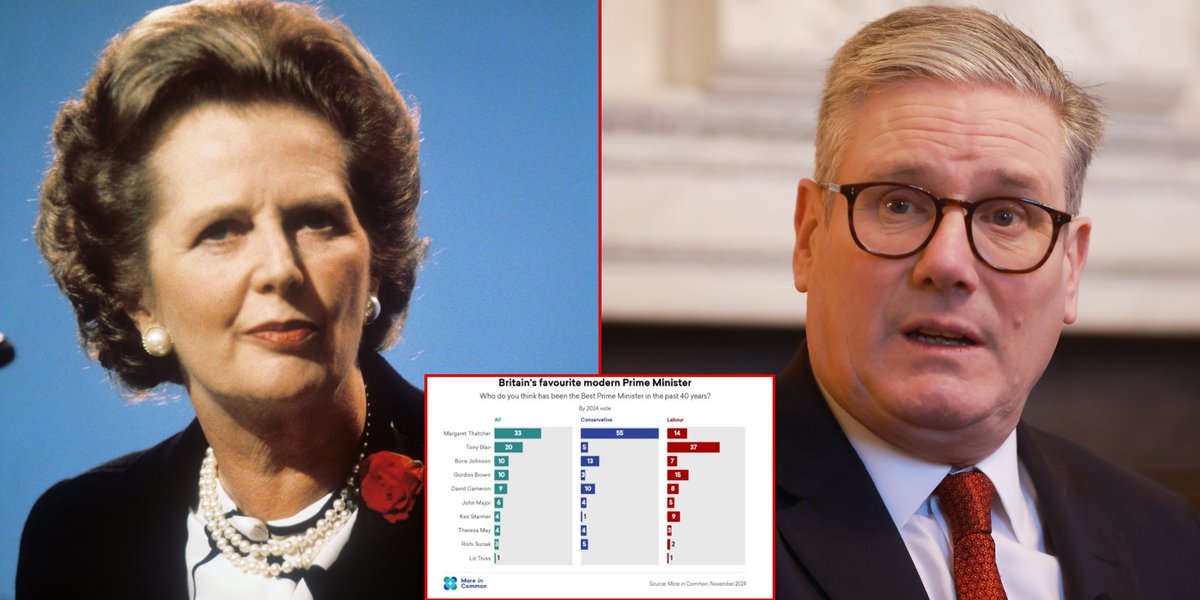Chinese consumer spending is so weak that even Starbucks is considering selling a stake in its China franchise, but one venture capital firm is bucking the trend by finding growth in niche sectors despite overall weakness.
Shanghai-based company BA Capital, a long term backer of China’s “blind box” toy franchise Pop Mart and jeweller Laopu Gold, is finding promising firms from small cities in China’s “county-level economy”, as well as digging up gems in the “nighttime” and “silver” economies, which refer to activities after sunset and those involving senior citizens, respectively, as well as rejuvenating traditional brands.
“Consumer businesses can be categorised into two types: experience-driven or efficiency-driven. Top companies excel by reaching the pinnacle of one dimension,” Michael Zhang Peiyuan, founder of the firm, said in a recent interview with the South China Morning Post.
BA Capital was established in 2016 by David He Yu, a former strategic investment head at ByteDance and vice-president of Orchid Asia, along with Zhang and serial entrepreneur Chen Feng, who later left BA to start his own venture. At the time, it was taken for granted that China’s consumer market would take off, driven by a rising middle class.

However, the pandemic hurt consumer spending, which has remained subdued as Beijing’s policies continue to pivot to investment and exports. According to data from China’s National Bureau of Statistics, retail sales in October rose 4.8 per cent year on year. Yet, the consumer price index edged up just 0.3 per cent, signalling concerns about deflationary pressures and weak demand.
BA Capital, meanwhile, was able to tap into niche areas to grow into a firm with both US and Chinese yuan funds, with in total 10 billion yuan (US$1.38 billion) under management.

 By South China Morning Post | Created at 2024-12-15 23:16:15 | Updated at 2024-12-16 01:41:08
2 hours ago
By South China Morning Post | Created at 2024-12-15 23:16:15 | Updated at 2024-12-16 01:41:08
2 hours ago







